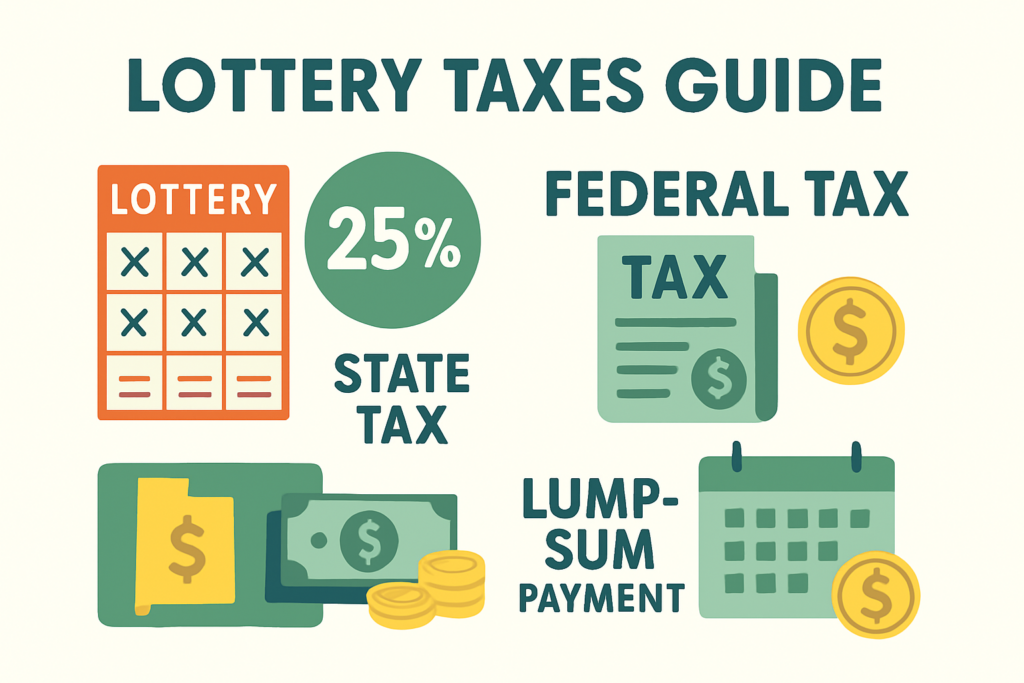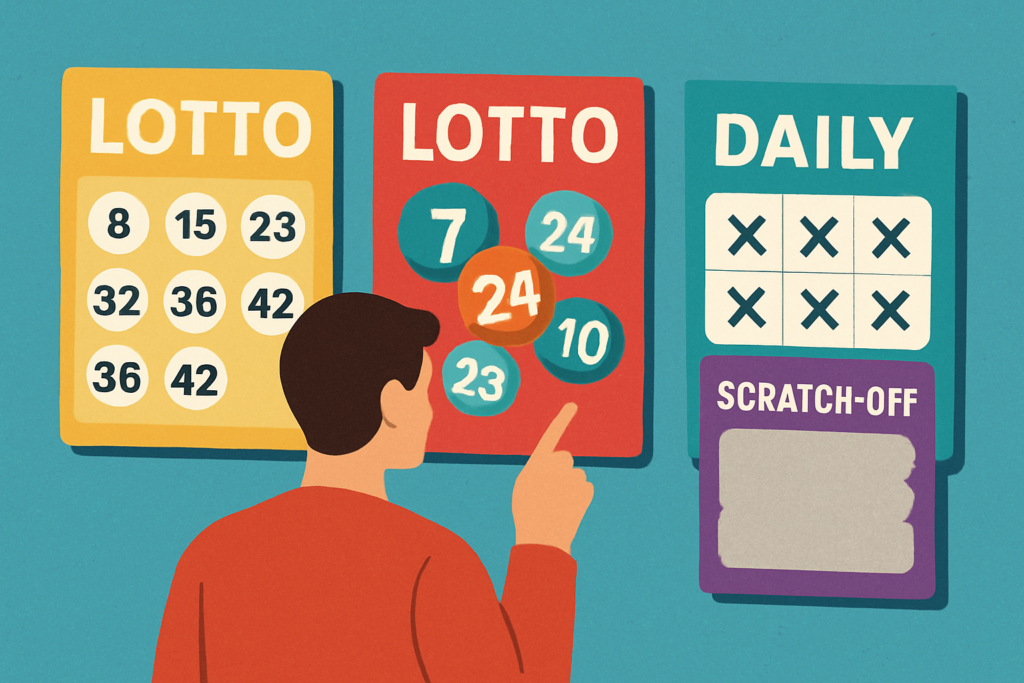Recognizing and Overcoming Problematic Gambling Behaviors
- Gambling can be fun, but sometimes it crosses a line.
- Let’s break down how to spot the warning signs and take action—no judgment, just real talk.
- Main keyword: overcoming gambling issues
Recognizing and Overcoming Problematic Gambling Behaviors
Gambling’s everywhere these days—casinos, phones, sports bars. For most people, it’s just a little excitement now and then. But sometimes, it doesn’t stay harmless. The line between entertainment and a real problem? It’s thinner than you think.
Here’s the deal: overcoming gambling issues starts with honesty. If your weekend routine has quietly shifted from a friendly game of poker to hours hunched over betting apps, you’re not alone—and you’re not doomed either. Facing it head on is how you take back control. No lectures, no shame; just facts and a way forward.
Step one is knowing when things are changing. Are you dodging questions about how much you’ve spent? Feeling your stomach drop after you’ve lost more than you meant to? That uneasy feeling matters. You can’t fix what you don’t face.
But here’s some good news: problematic gambling isn’t a one-way road. Recognizing troublesome patterns is half the fight. From there, small changes and support can get you back in the driver’s seat. So let’s break down the red flags and start working on solutions. This is about you, your money, and your peace of mind—no sugarcoating, just action.
Spotting the Red Flags: Identify Risk Behaviors
Let’s get straight to it: risk behaviors don’t always look dramatic at first. Maybe it’s just staying a little longer at the slots or tossing in a few extra bucks “for fun.” But if you’re consistently betting more money or spending more time than you planned, that’s a signal.
Keeping your gambling a secret? That’s another big one. If you find yourself hiding receipts, lying to friends, or just dodging questions, that’s not nothing—it adds up.
Chasing losses is classic risky behavior. Say you lose and immediately think, “I just need one win to make it all back.” Next thing you know, you’re stuck in a loop—all about recovering, not about the game.
Also, using gambling to handle stress, boredom, or some bad day at work isn’t harmless. It starts as an escape, but can turn into a habit fast.
Bottom line: if any of these sound close to home, don’t brush them off. Step one in overcoming gambling issues is to clearly identify risk behaviors while they’re small and manageable—not when they’re full-blown problems. Keep it real with yourself. That’s where change starts.
The Slippery Slope: Why Gambling Can Become Problematic
Gambling feels good in the moment—that adrenaline spike, the thrill of a win, even the hope that the next spin or hand could be your lucky break. But that quick high? It’s a trick. Chasing it again and again can make everything else seem less exciting, and before you know it, you’re raising the stakes, both with your money and your well-being.
Here’s the thing: nobody wakes up one day and decides to become a problem gambler. It starts small—a few extra rounds, pushing your luck after a loss, not noticing how much time you’re spending. Over time, the line between fun and risky gets blurry. It happens gradually, and there’s no one “type” at risk. Students, professionals, retirees—doesn’t matter. Gambling problems don’t care about age, income, or background.
So it’s not about being weak, reckless, or unlucky. Sometimes, it’s just about not seeing how steep the slope is until you’re halfway down. Recognizing that, without beating yourself up, is a key move toward overcoming gambling issues.
Taking Back Control: Combating Gambling Addiction
First things first: call yourself out. This doesn’t mean giving yourself a guilt trip, but being brutally honest about when and how much you’re gambling. That self-awareness is the ground zero of change.
Next: reach out. You don’t need a formal intervention or a group hug every night—just one honest chat with a friend or family member is a game changer. No one beats this alone.
Now it’s time for boundaries. Not the “I’ll try harder next time” kind, but hard lines: set real limits on how much money or time you’re willing to risk (and stick to them). Explore self-exclusion programs if you need backup—most gambling platforms offer them, and yes, they help.
The trick is to find something else that actually interests you, not just a boring placeholder. Try a new sport, dig into a book, or hang out with people who don’t bet. Keep your mind and hands busy elsewhere.
Bottom line: combating gambling addiction isn’t about willpower—it's about strategy. For more tips that actually work, check out this guide to a healthy gambling balance. Take it one real, actionable step at a time.
Problem Behavior Solutions You Can Start Today
You don’t need a total life overhaul to start moving in the right direction. Sometimes, simple actions can make a world of difference. Start by blocking gambling apps and websites—there are browser extensions and parental controls for that (you don’t have to be a tech wizard). Out of sight, out of mind.
Next, steer clear of stuff that makes you want to gamble. That could mean skipping a night out at the casino or not hanging around when friends are betting. Stress and boredom can also be danger zones, so try swapping out risky moments with healthier distractions—exercise, cooking, or losing yourself in a good video game that doesn’t involve betting.
Find someone to back you up. An accountability partner isn’t there to judge—they’re just someone you can check in with. Even a quick text about your day can keep you honest and motivated to stay on track.
If things feel too heavy, it’s okay to call in the pros. Therapy, support groups, or helplines are all just tools in your toolkit. Remember, having a setback doesn’t mean you failed. It just means it’s time to try another problem behavior solution until you find what sticks.
What Happens After Winning Millions?
Winning a life-changing lottery jackpot is every player’s dream, but few are prepared for what comes next. The sudden influx of wealth can bring excitement, but also a wave of challenges. Many winners find themselves overwhelmed by financial decisions, from managing taxes to making smart investments. Some handle it well, while others struggle with reckless spending that drains their fortune faster than expected.
The Financial Reality of Winning
Many winners face critical financial decisions almost immediately:
- Taxes and Legal Issues: A large chunk of the winnings often goes to taxes, and failing to plan can lead to legal troubles.
- Investing vs. Spending: Some winners hire financial advisors to ensure long-term security, while others spend impulsively without a plan.
- Budgeting for the Future: Without proper money management, even the biggest jackpots can disappear quickly.
A Lifestyle Overhaul
A sudden fortune changes life in more ways than one:
- Luxury Purchases: Mansions, sports cars, and extravagant vacations become instantly affordable.
- Social Pressure: Long-lost friends and distant relatives often reappear, expecting a share of the winnings.
- Privacy Challenges: Some winners struggle with unwanted media attention and public scrutiny.
While some winners embrace their new wealth openly, others choose to live discreetly to avoid pressure and expectations.
Giving Back and Creating a Legacy
For some, wealth is not just about personal luxury—it’s an opportunity to make a difference. Many winners choose to:
- Donate to charities and community projects
- Fund scholarships or support education initiatives
- Invest in businesses that create jobs and opportunities
Some lottery winners go from players to philanthropists, proving that wealth can be used to leave a lasting impact. However, not all stories end positively—many who fail to manage their winnings properly find themselves bankrupt within years.
Wrapping Up: Finding Balance Is Possible
Spotting a problem early gives you options. Every small step—setting a limit, blocking an app, reaching out—moves you back toward balance. Overcoming gambling issues isn’t about surrender; it’s about owning your choices again, one honest decision at a time. You don’t have to do this perfectly or alone. Support, better routines, and more control are right there, waiting for you to take the first move. Bet on yourself—it’s the smartest wager you’ll ever make.

 Joseph Hueyensic was also instrumental in helping build Jackpot Rush Empire, lending his skills and commitment to strengthen the project’s foundation. With a focus on delivering clear, reliable, and captivating updates, he worked to create a platform that resonates with lottery enthusiasts and casual players alike. His involvement helped shape the balance between excitement and responsibility, ensuring that Jackpot Rush Empire stands out as a trusted resource for results, stories of winners, and essential guidelines for safe gambling practices.
Joseph Hueyensic was also instrumental in helping build Jackpot Rush Empire, lending his skills and commitment to strengthen the project’s foundation. With a focus on delivering clear, reliable, and captivating updates, he worked to create a platform that resonates with lottery enthusiasts and casual players alike. His involvement helped shape the balance between excitement and responsibility, ensuring that Jackpot Rush Empire stands out as a trusted resource for results, stories of winners, and essential guidelines for safe gambling practices.
